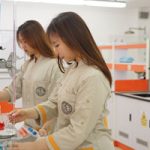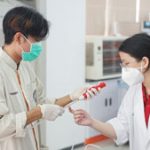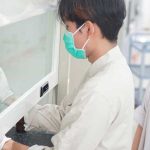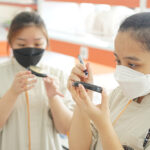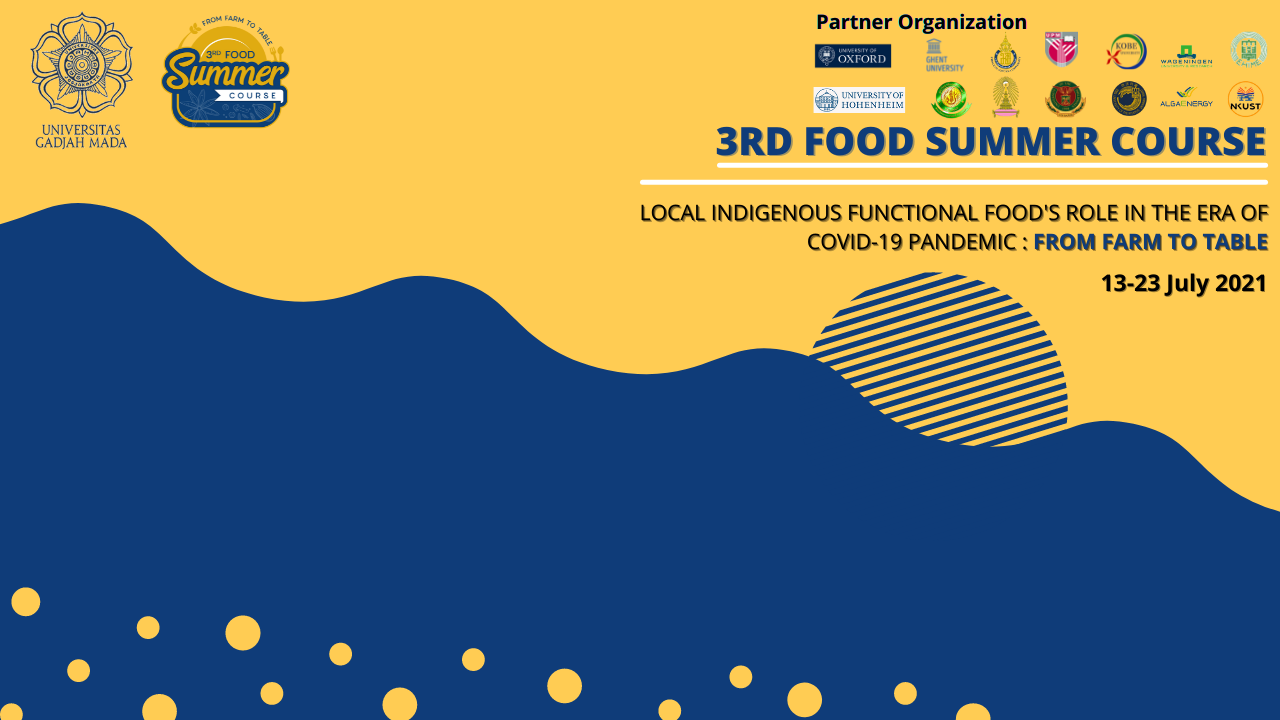
Over the years, most of us have neglected health and adopted sedentary lifestyles as a result of living in such a fast-paced world. Unquestionably, the COVID-19 pandemic has changed most of our lifestyles to have complete physical and mental health while being stuck in our homes. In doubt, here comes a question, “Can anyone truly be and stay healthy?”
One thing to start changing to have a healthier lifestyle is our universal language, food! Even during this pandemic, food has changed to give health benefits beyond its nutritional value known as “functional foods.” Increasing interest in food, technology, and lifestyle opened learning facilities for youngsters to deepen their knowledge and career prospects in the area of expertise.
In Indonesia, Gadjah Mada University held an annual event known as the “3rd Local Indigenous Food’s Role in the Era of COVID-19 Pandemic: from Farm to Table” that is globally open to students who are interested in functional foods. Each day from 13 to 23 July 2021 was packed with long hours of lectures, discussions, and assignments or projects depending on the participants, whether they follow the synchronous or the asynchronous scheme; where participants are placed into groups in synchronous and individual in asynchronous. Moreover, there were lots of topics to be covered ranging from potential functional foods, agricultural machinery, logistics of functional food in different countries, and many more. Overall, it was amusing to see great lecturers and participants from all around the world with different qualifications sharing their knowledge and experiences with each other, especially to the youngsters who are just starting off in this area of study.
In the first few days, the participants get to explore (have a virtual tour) some villages located in Jogja where functional foods became their source of income. In addition, there were conventional to modern technologies that were used to help them with their agricultural labor. Hence, after the virtual tour, participants are required to write their analysis and discussion – usually advantages and disadvantages – about a certain topic that was portrayed in the video (e.g. agrotourism, agricultural machinery, traditional medicine).
However, before anything else, one of the main highlight projects of this event was that participants from the synchronous and asynchronous (groups and individuals) were asked to create their functional food product – ranging from the product brainstorming, processing, packaging, nutrition (benefits), and marketing strategy. Furthermore, the groups are required to present their products in several other groups in the synchronous scheme, where those other participants and lecturers could ask questions about the products that were presented; some products from the asynchronous scheme were shown in the synchronous scheme as well. Our last day was definitely tiring, but also a blast. All in all, it was a really refreshing and insightful experience for someone who is interested in this area of expertise. As one said:
“If you don’t eat your food as medicine, you will have to eat medicine as food in the future.”

